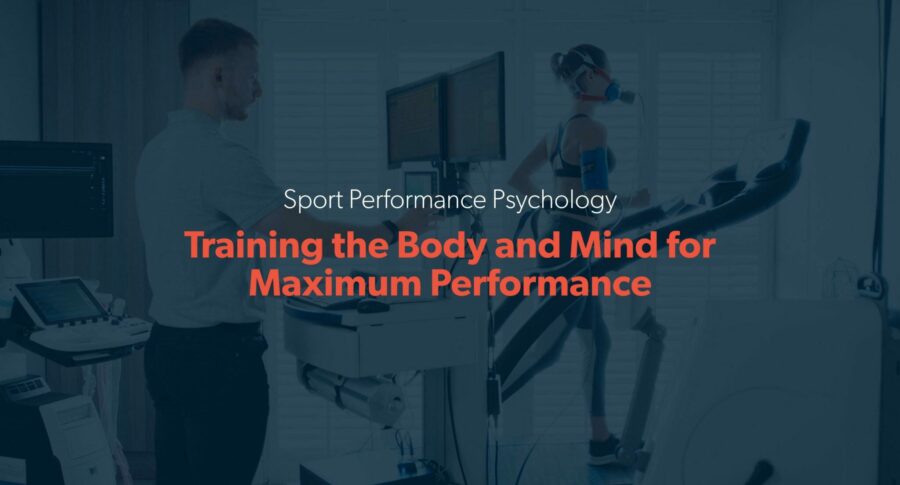The new Sport Performance Psychology program at Saybrook University will train those who train athletes to perform at their peak.
A new program at Saybook University, the Master of Science in Sport Performance Psychology, will teach the next generation of coaches and sport performance trainers to guide their athletes to perform at their best by emphasizing psychophysiology, which maps the intersection between the mind and physical response.
Why does one figure skater land a triple axel to win an Olympic medal while another fails under the pressure of having a billion eyes upon them? How does a below-average hitter go on a hot streak at the right moment to be named World Series MVP? Determining the fine line between executing a clutch performance and “choking” has long been a preoccupation of athletes, coaches, and sport psychologists. There are few human traits more prized or elusive than the ability to excel over equally gifted competitors, and those who can train athletes to deliver consistently excellent performances are in high demand.
Saybrook’s Sport Performance Psychology program will also offer insights to those in a wider range of professions, including members of the military and the performing arts, to maximize their talents. “This program is a natural outgrowth of the optimal performance specializations that are part of the Saybrook philosophy, just a little more focused on the optimal functioning related to competition and sports,” says Eric Willmarth, Ph.D., chair of Saybrook’s Department of Psychophysiology and head of the new program. ”It’s the opposite of treating pathology where most of psychology is focused. And looking at the other side of things is taking people who are above normal already and trying to improve their capabilities as much as possible.”
A brief history of performance optimization in sports
In the 1960s, a wave of technological advances led to a revolution in measuring human responses and performance. At the same time, the stigma of consulting with psychologists about mental barriers to peak performance waned. With biofeedback technology, experts in athletic performance gained the ability to track in real time the relationship between the brain and physical response. These experts therefore could demonstrate to an athlete how changes in thinking and behavior affected the athlete’s performance.
“The equipment emerged that allowed us to study the mind-body connections better,” says Don Moss, Ph.D., dean of the College of Integrative Medicine and Health Sciences. “The physiological measurements are very valuable to a sport psychologist, and yet most of the academic programs cover the psychological concepts but don’t cover the basic psychophysiology. That’s where our program offers something valuable that’s not available elsewhere.”
Why the Sport Performance Psychology program is the right fit for coaches and trainers
While the focus of the curriculum is on improving the performance of already high-performing individuals, the program itself is for coaches and trainers, i.e., the people who train the athletes. By the nature of their profession, people in these roles are good at relating the technical details of how to excel physically, whether they are training tennis players or opera singers. However, they generally are not trained in psychology for sports or even the biofeedback that can be so essential to gauge what might be holding an athlete back from a psychophysiological standpoint.
The Sport Performance Psychology program’s principles apply to anyone’s health
Dr. Moss hopes that students in the program will apply the principles they have learned to their own health and well-being. “We constantly remind our students to practice the skills themselves and integrate them into their own life,” he says. “We find that if the trainer is able to relax their physiology, reduce their stress response, use imagery to enhance their performance, they will also use it more effectively with those that they train, whether they’re high-school athletes or college athletes or pros.”
Dr. Willmarth expects early interest in the Master of Science in Sport Performance Psychology program from three groups: high-school coaches; members of the military who focus more and more on human performance; and those who are beginning a career in sport performance training and seeking a knowledge base and credentials to get started.
Dr. Moss agrees and thinks the appeal may be even broader. “This is a fun degree,” he says. “When you think about it, our graduates will help people run quicker, jump higher, and swim faster. That’s exciting.”

To learn more about Sport Performance Psychology or any other program at Saybrook University, fill out the form below.
Find Out More
Recent Posts































